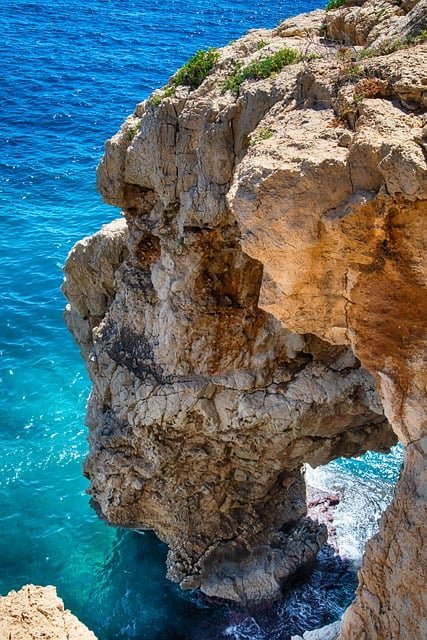For any establishment serving wine, the choice of a wine bar cooler is far more than a simple appliance purchase; it is a critical investment in quality, service, and profitability. This article will explore the essential role of professional cooling in preserving wine integrity and delve into the key considerations for selecting the ideal unit to meet the specific demands of a bustling wine bar environment, ensuring every pour is perfect.
The Indispensable Role of Professional Cooling
Unlike a standard refrigerator, a purpose-built wine bar cooler is engineered to create a stable, humidity-controlled environment. This precision is non-negotiable for preserving a wine’s delicate aroma, flavor, and structure. The science behind this is well-established; as documented by institutions like the University of California, Davis Department of Viticulture and Enology, temperature fluctuations are one of the primary enemies of wine, causing expansion and contraction that can lead to cork damage and premature oxidation. A dedicated cooler maintains a consistent temperature, typically between 45-65°F (7-18°C) depending on the wine style, which is impossible with standard refrigeration. This ensures that every bottle served to a customer tastes exactly as the winemaker intended, protecting your inventory and your reputation.
Selecting the Perfect Cooler for Your Space
Choosing the right unit requires a careful assessment of your bar’s specific needs. The first consideration is capacity and configuration. Will you need a sleek, under-counter model for front-of-house service, a tall cabinet for a wider selection, or a robust commercial wine cooler for back-of-house storage? Next, evaluate critical features that impact performance and efficiency. Look for:
- Dual-Zone Climate Control: Essential for bars that serve both red and white wines simultaneously, allowing for perfect serving temperatures for each.
- UV-Protected Glass: Shielding wine from harmful ultraviolet light, which can degrade and “cook” it over time.
- Low-Vibration Compressors: Excessive vibration can disturb the sediment in aged wines and negatively affect their development.
Furthermore, energy efficiency is a major operational factor. Modern units adhering to standards like the U.S. ENERGY STAR® certification, updated in 2023, can significantly reduce long-term electricity costs. Investing in a high-quality wine refrigeration system is not an expense, but a strategic move that enhances customer experience and safeguards your valuable inventory.
In summary, a specialized wine bar cooler is a fundamental component for any serious wine-focused establishment. It goes beyond simple chilling to provide the precise, stable environment necessary to protect your investment and guarantee optimal taste. By carefully considering your capacity requirements, essential features like dual-zone cooling, and energy efficiency, you can select a unit that not only meets the functional demands of your bar but also elevates the entire customer experience, ensuring every glass served is a testament to quality.
